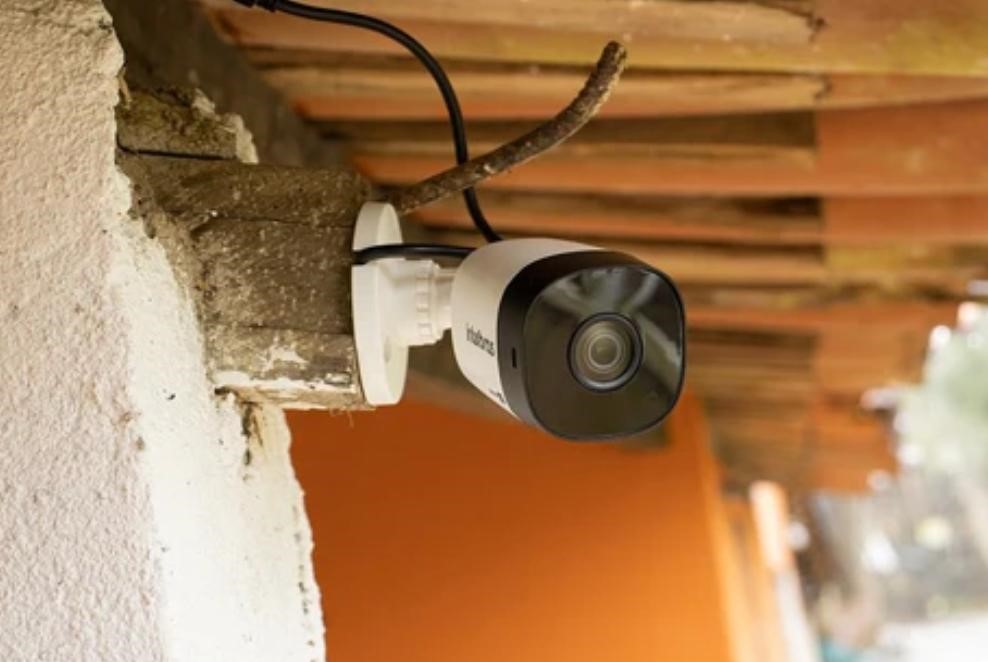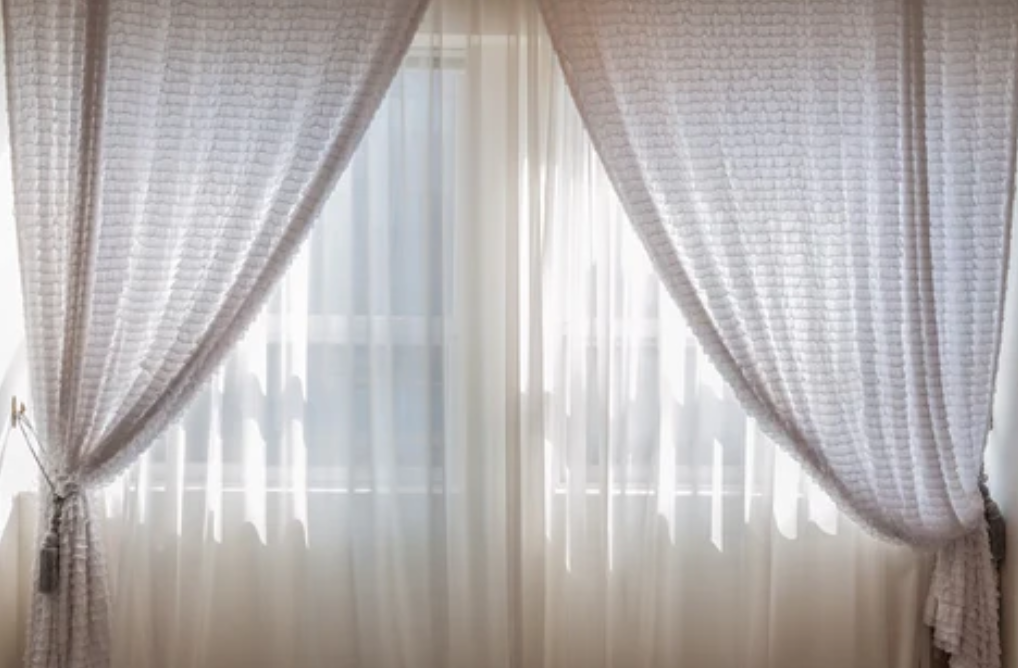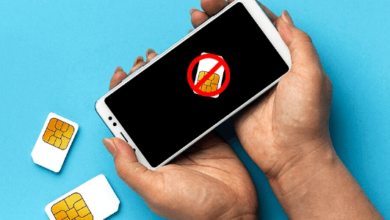How to Stop a Camera from Recording You at Home

The thought of someone recording you without your consent in the privacy of your home can be alarming. With the rising availability of small and hidden cameras, it’s crucial to know how to detect them and how to stop a camera from recording you. In this guide, we’ll cover how to detect hidden cameras, legally block them, and explore devices that can help protect your privacy. You’ll also find practical tips to ensure your home stays a private and secure space, free from unwanted surveillance.
How to Detect Cameras in Your Home
Hidden cameras can be cleverly concealed in everyday household objects, making them hard to spot. Detecting these cameras is the first step in protecting your privacy. Here’s how to find them effectively.
Common Spots for Hidden Cameras
Hidden cameras are often placed in areas where privacy is expected, such as bathrooms and bedrooms. They can be disguised as smoke detectors, alarm clocks, USB chargers, or even light bulbs. Other common hiding places include vents, wall decorations, and electronic devices like TVs or speakers. If you notice an unfamiliar or out-of-place object in a room, it’s worth investigating further.
Using Tools to Detect Hidden Cameras
Several tools are available to help you find hidden cameras. Infrared (IR) detectors can reveal the presence of camera lenses by reflecting light off them. Radio Frequency (RF) detectors can pick up signals emitted by wireless cameras, alerting you to their location. Additionally, smartphone apps can be used to detect cameras by shining a light and observing reflections from camera lenses. By using these tools, you can scan your home thoroughly and increase your chances of discovering any hidden surveillance devices.
How Can You Legally Block a Camera from Recording You?
If you find a camera in your home, you’ll want to stop it from recording while remaining within the bounds of the law. There are several legal methods to block or obstruct cameras without tampering with them directly.
Understanding the Legal Restrictions
It’s important to understand the legal implications before disabling or tampering with cameras. Destroying or damaging someone else’s camera could be considered vandalism, even if it’s in your home. Local and federal laws may protect surveillance equipment, and intentional destruction could lead to legal consequences. Always ensure you are familiar with the privacy and property laws in your area. Blocking a camera’s view without causing physical damage is a safer and legally sound way to prevent recording.
Using Curtains, Blinds, and Privacy Films
One of the easiest and most effective ways to block cameras from recording you is by using physical barriers. Installing thick curtains or blinds can prevent cameras from recording activity inside your home, especially if they’re directed at windows. Privacy films are another option, which can be applied to windows to obstruct the view while still allowing light to pass through. These methods are immediate, affordable, and completely legal, providing you with peace of mind while maintaining your privacy.

What Devices Can Stop Cameras from Recording You?
Beyond simple physical barriers, certain devices can prevent cameras from capturing footage. Let’s explore a few technology-based options that can protect your privacy.
Signal Jammers and Their Effectiveness
Signal jammers can disrupt the connection between wireless cameras and their recording devices by emitting radio frequencies that interfere with the camera’s signal. While effective, jammers are highly regulated and often illegal in many regions due to their ability to interfere with other wireless communications. If you’re considering this method, it’s crucial to check local laws and obtain any necessary permits before use to avoid legal repercussions. Be cautious when using such technology to ensure you stay within legal boundaries.
Using LED Lights or Infrared to Disrupt Cameras
Bright LED lights or infrared (IR) beams directed at a camera can degrade its ability to capture clear footage. By shining high-intensity light directly at the lens, the camera’s video may become washed out or overly bright, rendering the footage unusable. This technique is especially effective with night vision cameras, which rely on IR light to capture images in low-light conditions. While this approach is legal and non-destructive, it does require continuous light exposure and may be noticeable to others.
Practical Tips to Prevent Cameras from Capturing Footage
Aside from using advanced devices, there are several practical steps you can take to prevent unwanted recordings. Regularly inspect your home for new or unfamiliar objects that may contain hidden cameras. If you have neighbors with outdoor security cameras, politely ask them to angle their cameras away from your windows. For indoor protection, consider using camera covers that block the lens when not in use. Staying vigilant and proactive about privacy helps prevent any unauthorized recording of your activities.
Conclusion
Protecting your home from unwanted surveillance is a critical step in maintaining your privacy. By learning how to detect hidden cameras, using legal methods to block their view, and leveraging available devices, you can prevent intrusive recordings. Regularly check for new devices, stay informed about privacy laws, and apply these practical solutions to ensure your home remains a private, secure space. Taking these precautions provides peace of mind and safeguards your personal life from prying eyes.




